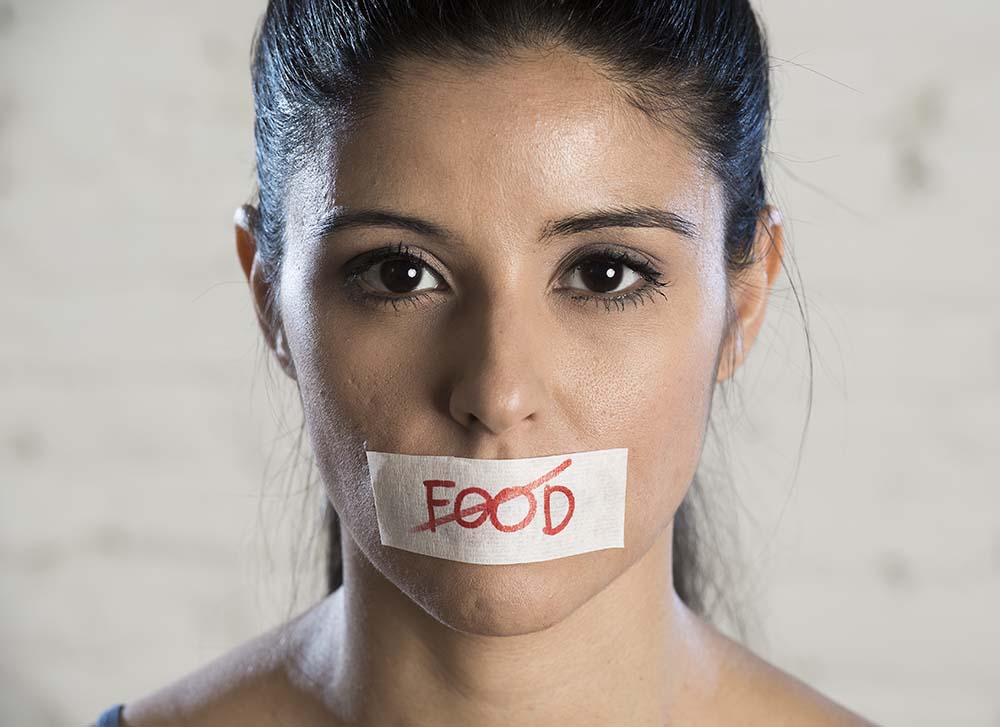Growing up almost all of us suffered from body image issues and were victims of the ‘Diet Culture’. All our lives, we have been deep-rooted in ideas that regulating food and timing our movement to get closer to an ideal body type – Thin, is the way to go. Even if it leads to unhealthy choices that create ailments in the long run.
Although we had never heard of the term – nowadays celebrities are calling it out, there’s plenty of academic research around the topic; but that doesn’t mean that the term is fully understood.
Diet Culture has a far more complex meaning than just being about diets – it’s a belief system created by societal norms that connects food with principles and thinness with beauty.

Clinical Psychologist, Dr Sharmila Dalvi who specialises in youth counselling defines the term as a social expectation that comes with an instruction manual of how we should eat, exercise and look. “Christy Harrison, MPH, RD, author of Anti-Diet defines diet culture as a belief system that “worships thinness and equates it to health and moral virtue”. We are made to believe if our bodies look a certain way – we are more accepted, acknowledged, and have a better chance at being successful in our personal and professional lives.”
Research suggests that diet culture is unsafe, unhealthy and harms people of all sizes, sex, and age. “But it’s the pre-teens and teenagers who are more susceptible to this. I work with children and young adults – girls as young as nine have said that they restrict food consumption because of worry about their weight. Boys fall prey to diet culture, too, voicing concerns about not being "muscular" enough. They talk about how their parents don’t keep certain foods in the house, or that their friend is trying to lose weight but they are not able to. Kids as young as thirteen are working toward their goal weight and developing eating disorders,” said Dr Dalvi.
Experts often reiterate that health is not based on size or weight. “Yes, obesity is linked with prolonged diseases such as heart disease, diabetes, hypertension, and certain cancers, but being consumed with the idea of thinness is dangerous on many levels because food restrictions can lead to an unhealthy relationship with food, mood swings, dehydration, malnutrition, decreased metabolism, muscle loss, and eating disorders.”
Food translates to sustenance, nutrition, festivity, delight, and satisfaction, but instead of focusing on the positives there are people always telling us how several food groups are bad for us. “Often , diet culture encourages us to cut out entire food groups to lose weight and makes us believe that some foods are “good and bad”. When we associate carbohydrates with gaining weight and losing weight, it creates food fear, self-hate if consumed the said food group, and that creates even more insecurities – it creates a ripple of negativity around food.”
Where Does Diet Culture Begin?

Dr Dalvi shares that several patients have said that when parents comment on their weight that’s when it hits them the most. “Parents are biologically programmed to love you irrespective of how you look or what you do. So when parents start talking about altering their bodies or food habits, kids have more disordered eating habits, lower self-esteem, more self-hate, and a higher risk of depression.”
What Can You Do?
If you are concerned about your child’s weight here are somethings Dr Dalvi suggests you can do without encouraging ‘Diet Culture’
• Talking about the benefits of food at an early age always helps.
• Encourage balanced eating habits. Concentrate on the positives than the negatives - “did you know that eating carrots can improve our eyesight?” or “Did you know that eating carbohydrates like bread for breakfast can help you store energy and sustain the entire day?” Avoid always associating food with counting calories.
• Practice what you preach. Eating clean and being active should be a family affair, don’t corner one member of the family.
• Allow your child to grow into their weight. Remember that their bodies are constantly changing.
• Eliminate all types of body shaming and weight talk around your child. Remember if they catch you body shaming a third person it will make them question their bodies and how you feel about them.
• Never make a negative comment toward your child’s body, size or shape.
• Have a positive attitude towards yourself. Endorse self-love, self-worth and body diversity.
• Never equate their lifestyle or the way they look to their achievements.
• Limit screen time to promote activity and a healthy sleep schedule.
• Talk to them. Ask them how they feel about their body changing. If they are going through any self-doubts.
If you feel your child is struggling with body dissatisfaction or dislike, or an eating disorder, talk to their doctor about therapy.